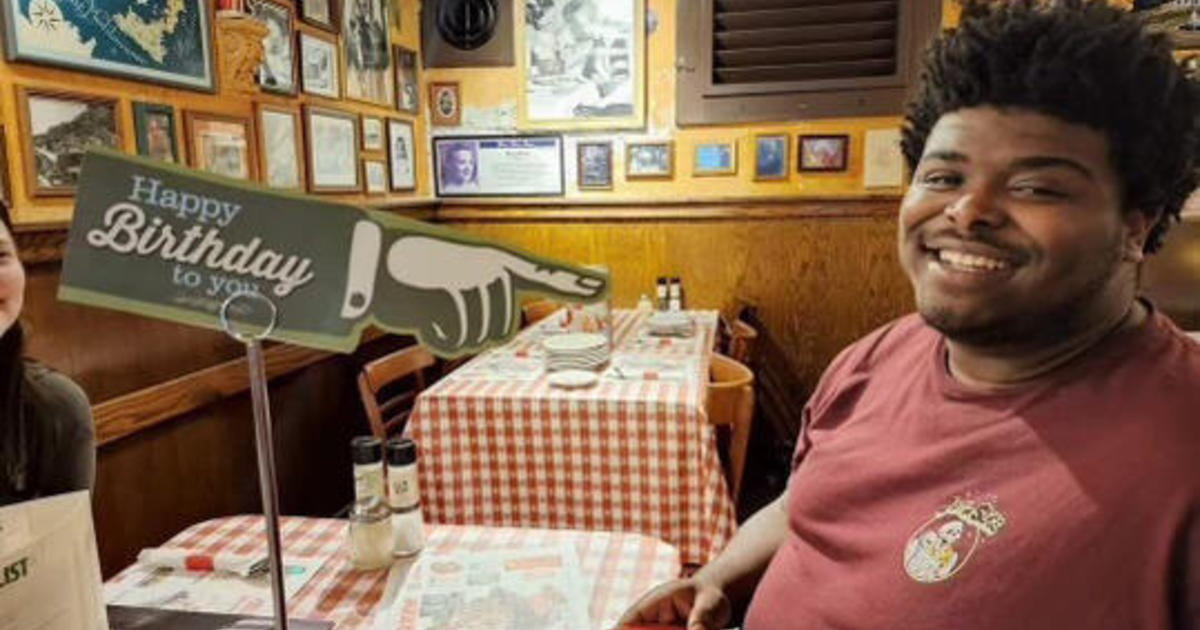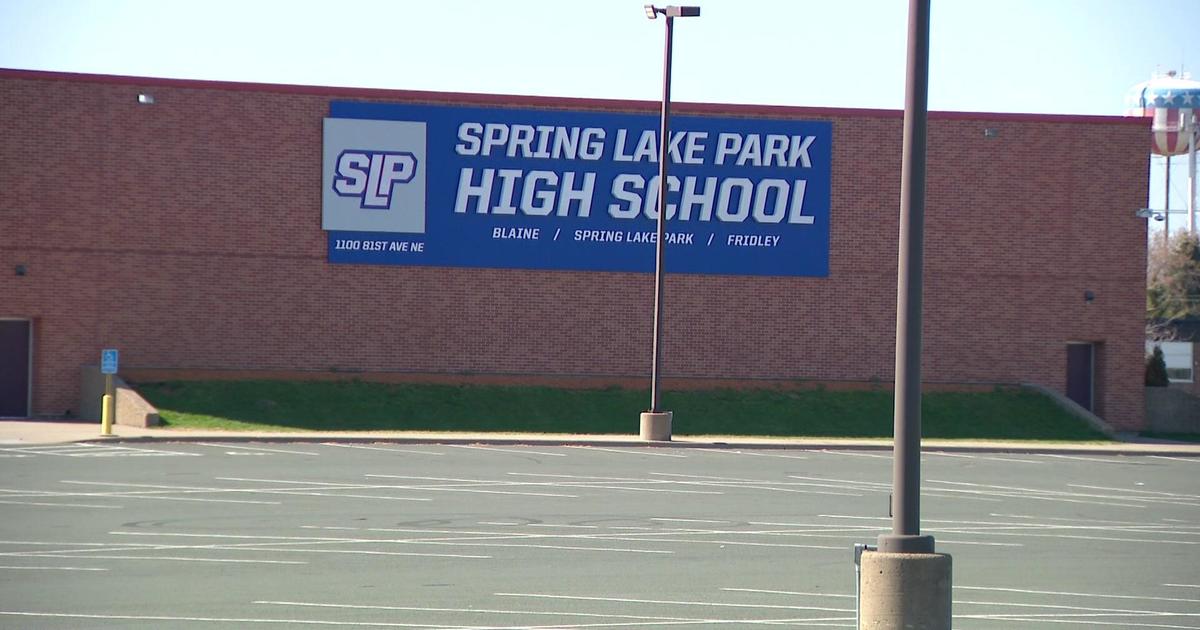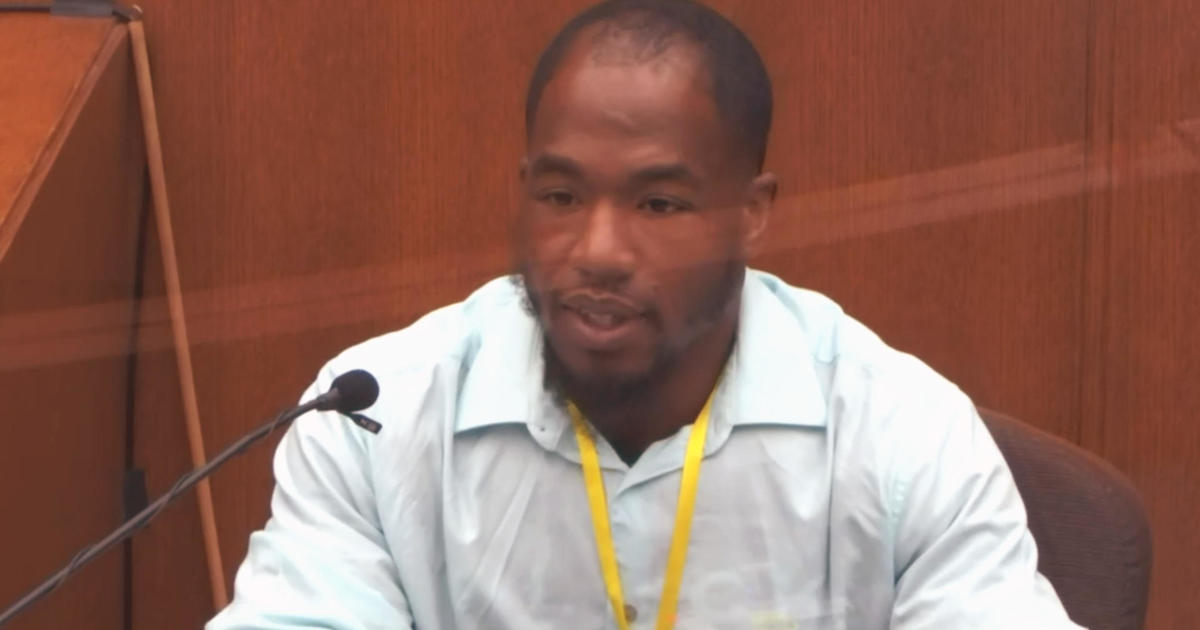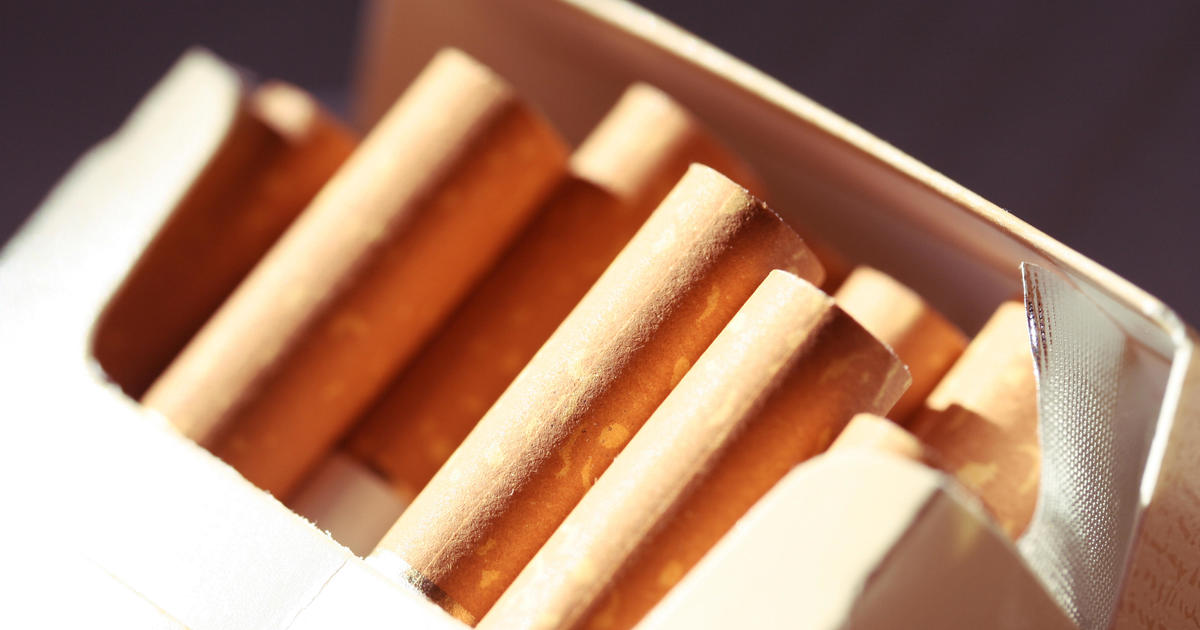Derek Chauvin Trial, Day 10 Live Updates: Only 1 More Juror Needed; Trial Not Moving Out Of Minneapolis
UPDATE (4:25 p.m.) Defense strikes No. 111, proceeds to question No. 113.
Potential juror No. 113 says they like to play the guitar, has a dog, and sometimes delivers food. They have a "somewhat negative" view of Chauvin and the bystander video showed a "probable instance of irrational violence." After they say they would have a hard time trusting witness testimony from police officers or anyone with connection to Chauvin, Judge Cahill excuses them from the case.
Court is in recess until 9 a.m. on Monday. Cahill says they will try to pick two more jurors, hoping to get to a panel of 15, so that by the time the trial begins, they will definitely have the 12 jurors and two alternates needed.
UPDATE (3:20 p.m.): Defense questions No. 111, a college student. They say they have seen the bystander video of Floyd's death and attended a few protests over the summer. They have a "somewhat negative" opinion of Chauvin and "somewhat positive" view of Floyd, but can be a fair and impartial juror.
UPDATE (2:59 p.m.): Defense begins questioning potential juror No. 111.
UPDATE (2:50 p.m.): After a private discussion, potential juror No. 110 was excused by the judge. Questioning begins for potential juror No. 111.
UPDATE (2:38 p.m.): Questioning begins for potential juror No. 110.
UPDATE (2:30 p.m.): The state uses a strike on potential juror No. 109. State moved to dismiss based on bias.
UPDATE (1:40 p.m.): Jury selection resumes with one more juror needed to complete the jury in the trial of Derek Chauvin. Judge giving instructions to potential jurors.
Potential juror No. 109 is being questioned first. No. 109 says they can still be impartial even though they learned of the $27 million settlement, but said it was a "dumb" move by the city.
UPDATE (11:20 a.m.): Potential juror No. 103 is excused from duty in the trial of Derek Chauvin. One more juror still needs to be seated in the case.
The potential juror told the court that she is in the process of opening a business and was concerned that jury duty would affect her ability to meet key deadlines.
The potential juror also told the judge that she wasn't sure she would be able to put her opinions aside and be objective. The judge noted that the potential juror was visibly emotional in court.
"I think it's too much," the potential juror said, explaining that the case happened close to her home and she doesn't want to be associated with it.
The judge dismissed her for cause.
The court then broke for lunch. More potential jurors are slated to be questioned Friday afternoon.
One more juror is need for the court to seat 12 jurors and two alternates.
UPDATE (11:10 a.m.): Potential juror No. 99 is excused from duty.
In questioning, she told the court that she heard about the $27 million settlement between Minneapolis and the family of George Floyd. She reported that she would not be able to be impartial in the case.
Judge Peter Cahill excused her from duty.
UPDATE (10:21 a.m.): Potential juror No. 96 is seated in the trial of Derek Chauvin. She'll likely be one of two alternates in the trial
The court only needs to seat one more alternate.
An alternate is a juror who will hear the whole case and would replace one of the 12 jurors should they be excused during the trial. Otherwise, the alternate is excused from the trial once deliberations start.
Defense attorney Joe Tamburino, who is not affiliated with the case, says that sometimes the alternates are not the last jurors chosen. Sometimes the judge will have a random process to select alternates, such as pulling numbers out of a hat.
However, 90% of the time the last jurors seated are used as alternates, Tamburino said.
Juror No. 96 is a white woman in her 50s. She told the court that she is an advocate for the homeless and for affordable housing.
When being questioned by the state, she said that she doesn't think that police treat minorities any different than white people. However, she said that justice system is biased against people of color, but mostly due economic reasons.
UPDATE (9 a.m.): Jury selection is now resuming in the trial. The court needs to seat two more jurors as alternates.
Before jury selection resumed Friday, Judge Peter Cahill noted that the initial jury pool was 326 people. Over the last 10 days, the court has processed 95 potential jurors, with 57 being questioned in court.
So far, 12 jurors have been seated, 12 struck by the defense, six struck by the state, and 27 removed for cause.
UPDATE (8:40 a.m.): Judge Peter Cahill announces he will not delay the trial of Derek Chauvin or move it out of Hennepin County.
"I don't think there is any place in the state of Minnesota that has not been subjected to publicity in this case," he said.
RELATED: Judge Denies Delay And Change Of Venue Motions, Allows Limited Details Of 2019 Arrest
The defense had called for a continuance and a change of venue due to the announcement last week of the $27 million settlement between Minneapolis and the family of George Floyd.
A number of jurors were removed from the pool because they told the court the announcement affected their view of the case.
UPDATE (8:30 a.m.): Judge Peter Cahill says he will allow a portion of the video of George Floyd's 2019 arrest to be used in court.
The allowed video evidence will be from one officer's body-worn camera, showing Floyd in his car until the point where he is handcuffed. The judge explained that this evidence is relevant over the contested cause of death, as it shows the situation of heightened stress and Floyd ingesting drugs while delaying arrest.
Also allowed will be photo evidence of drugs in Floyd's car, and information regarding Floyd's blood pressure and statements taken about the drugs he ingested.
While specific statements from a paramedic won't be permitted, the paramedic could testify to explain her actions and what Floyd's blood pressure showed her at the time.
What won't be allowed from the 2019 arrest will be evidence in regards to Floyd's emotional state. While he might have acted similarly in both the 2019 and 2020 police encounters, officers are required to deal with that behavior, Cahill said.
"Whether Floyd was genuinely anxious or claustrophobic or whether he was malingering is of no consequence," he said.
As such, Cahill also ruled that the state's witness, Dr. Sarah Vinson, a forensic psychologist, cannot testify on whether or not Floyd's behavior in the 2020 arrest was consistent with claustrophobia or anxiety. She will not be allowed to give her opinion on Floyd's state of mind.
However, if the defense does something to "open the door" to her testimony, Cahill will allowed it. Yet, if the prosecution opts to have Vinson testify, the defense could be allowed to use all of the video from Floyd's 2019 arrest.
MINNEAPOLIS (WCCO) -- Major decisions that will shape the character of the murder trial of former Minneapolis police officer Derek Chauvin are expected Friday.
Court is scheduled to resume at 8:15 a.m. Judge Peter Cahill is poised to decide on issues that could affect where and when the trial takes place and how both sides argue their case. Additionally, jury selection is set to continue; the court still needs to seat two more jurors to be seated as alternates.
WATCH: The entire Derek Chauvin trial is being live-streamed on CBSN Minnesota
Two of the key decisions facing Cahill stem from motions brought forth earlier this week by the defense over concerns of pretrial publicity surrounding the announcement of the $27 million settlement between Minneapolis and the family of George Floyd. Chauvin's attorney, Eric Nelson, asked the judge to delay the trial and possibly move it out of Minneapolis.
The judge told the court that he will address both the continuance and the change of venue motions on Friday. During jury selection this week, a number of jurors were excused from duty after telling the court they heard about the settlement or that it changed their view of the case. Still, the court was able to seat 12 jurors.
Defense attorney Joe Tamburino, who is not affiliated with the case, says he doesn't expect the trial will be moved out of Minneapolis.
"He'll probably tell that parties that he was very close to moving the case out of Minneapolis," Tamburino said, "but I think the case will continue full speed ahead right here downtown."
RELATED: 12 Jurors Now Seated, Only 2 Alternate Spots Remain
Also expected Friday is a decision on whether or not evidence from Floyd's arrest in May of 2019 will be allowed in court. This arrest happened a year before Floyd's deadly encounter with Chauvin, who was recorded kneeling on Floyd's neck for several minutes as Floyd pleaded for air. The bystander video of the arrest sparked days of unrest in the Twin Cities and a national reckoning on racism and police brutality.
The defense wants to use the 2019 arrest to show that Floyd had a pattern of ingesting drugs when arrested, arguing that the opioids he is said to have ingested put him at risk of heart attack during the 2020 arrest.
The judge initially ruled that evidence from the 2019 arrest would not be allowed in court. However, the defense produced evidence from the police SUV that Floyd was briefly placed in before he died. Their team found chewed up pills with Floyd's DNA on them.
The prosecution does not want the 2019 arrest evidence to be allowed in court. They argued that the defense is trying to smear Floyd and that the focus of the trial should be on whether or not Chauvin's actions were reasonable.
RELATED: Timeline: George Floyd's Death, Unrest In Minneapolis And The Derek Chauvin Case
If the 2019 evidence is allowed in court, prosecutors want the testimony of a forensic psychologist to also be allowed. They are seeking to use the expert to explain Floyd's emotional state during the 2020 arrest.
Jury selection in the trial is nearly complete. On Thursday, three jurors were seated. As it stands, the jury is split by race, with six white jurors, four Black jurors and two mixed-race jurors.
The 10th juror seated Thursday is a white nurse in her 50s who lives in a Minneapolis suburb. The 11th juror is a Black grandmother in her 60s who volunteers and has a relative on the Minneapolis police force. The 12th juror is a white woman in her 40s.



